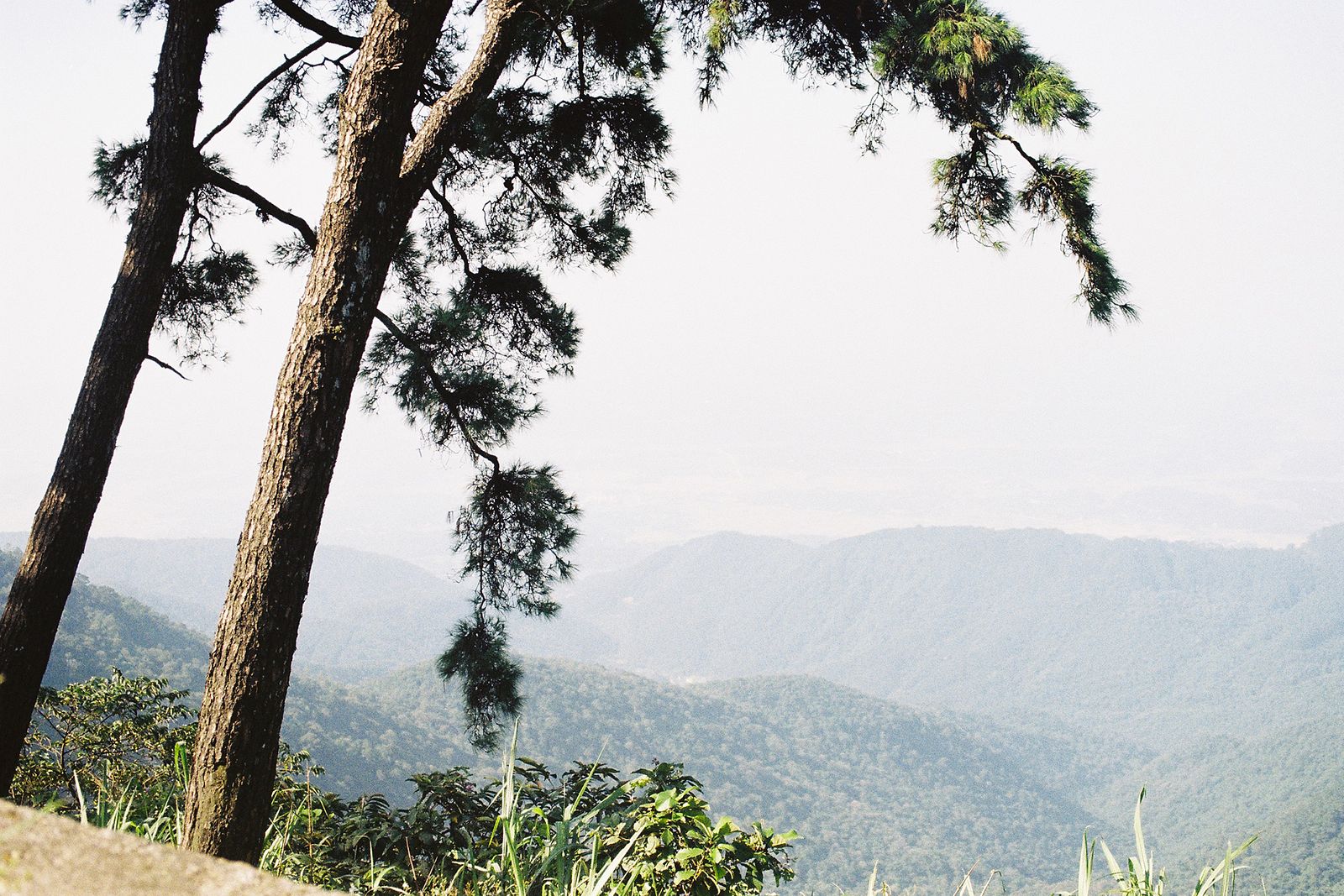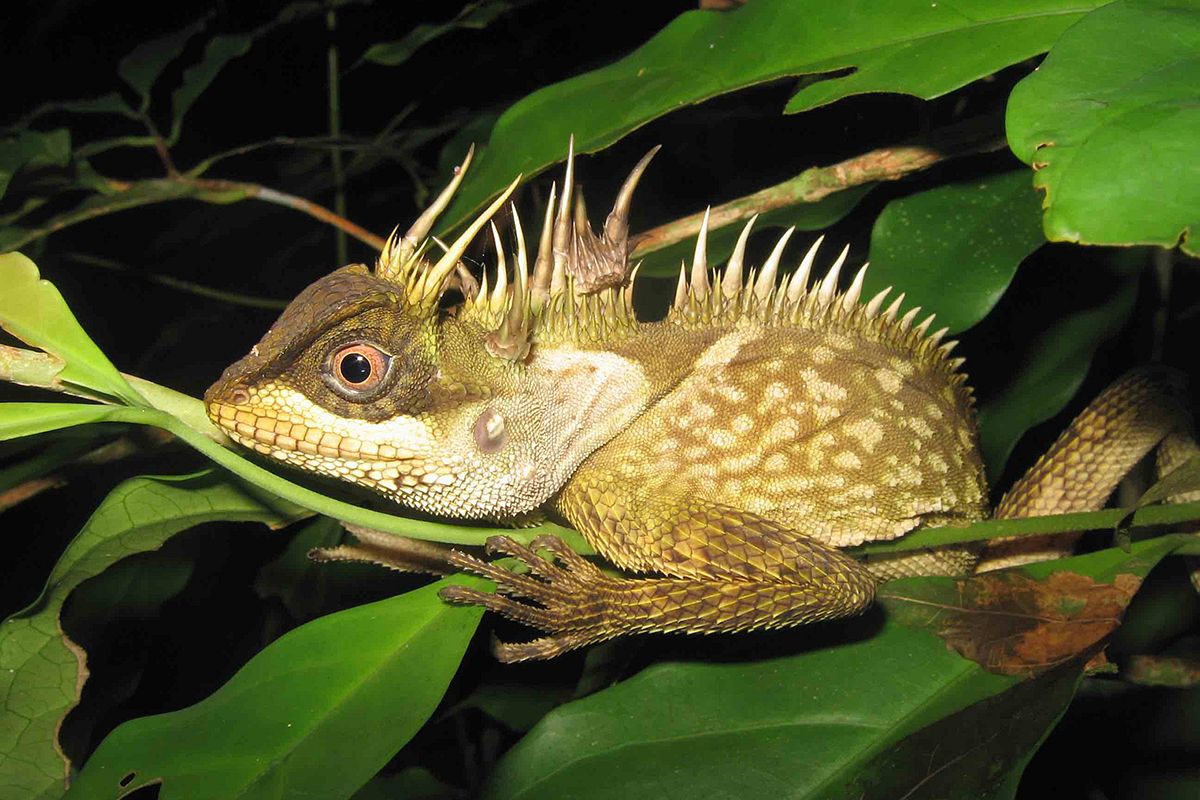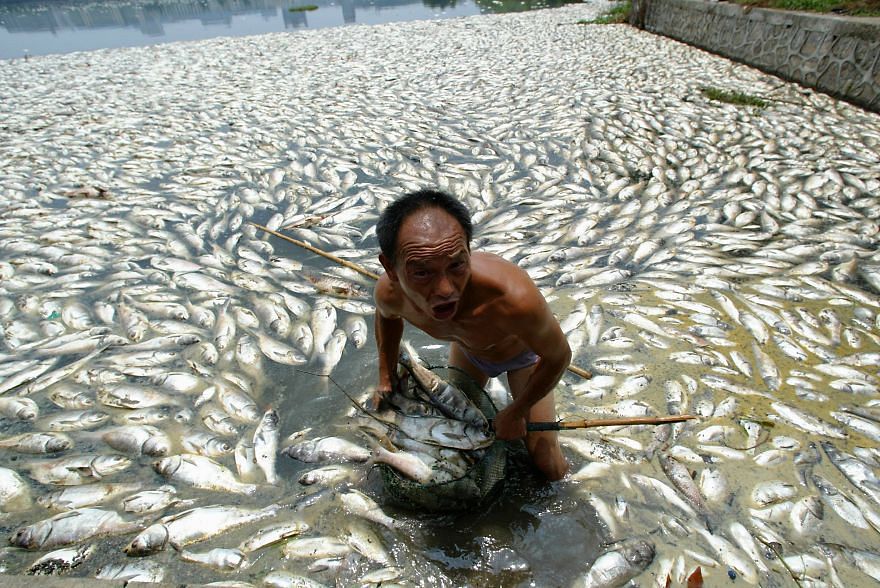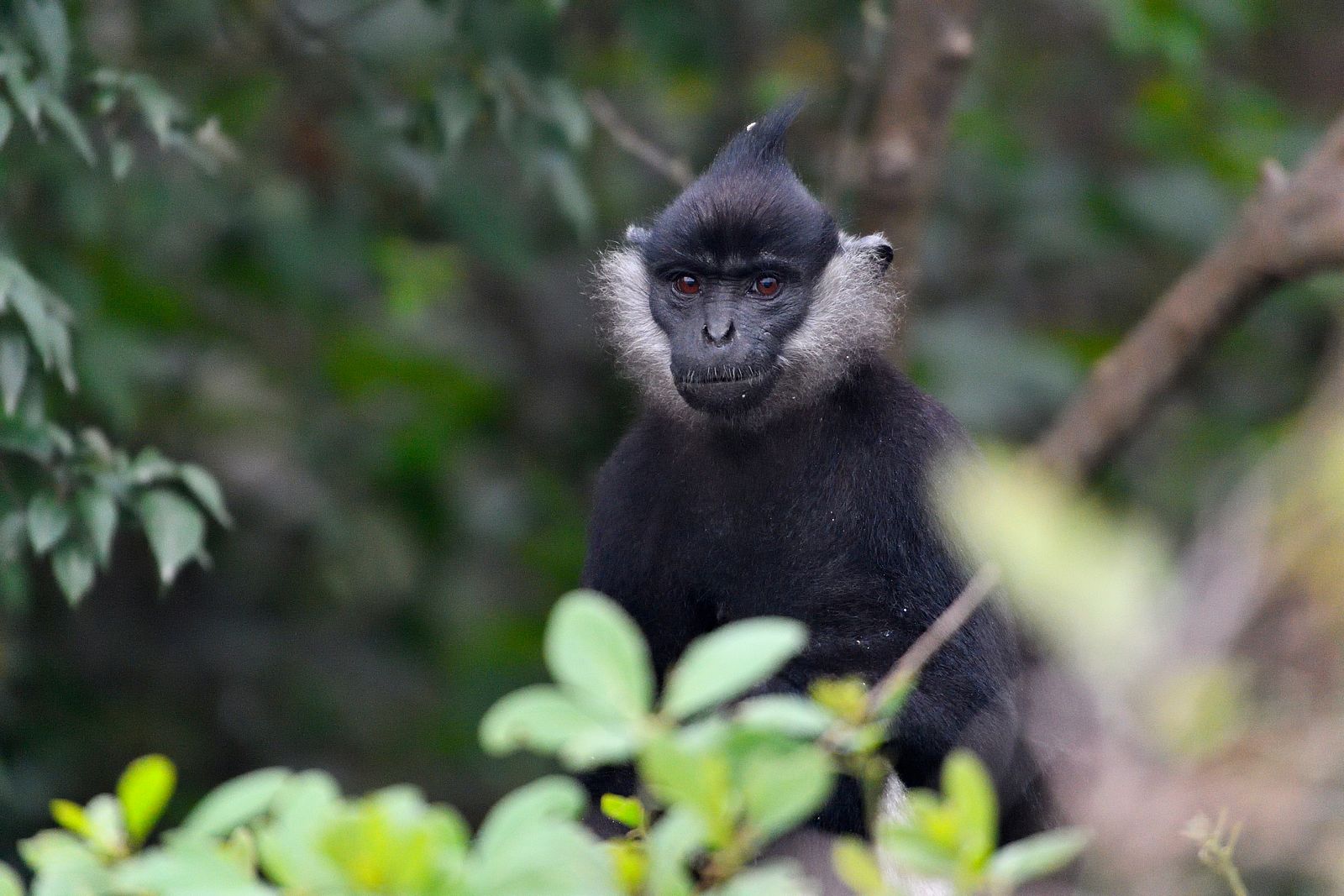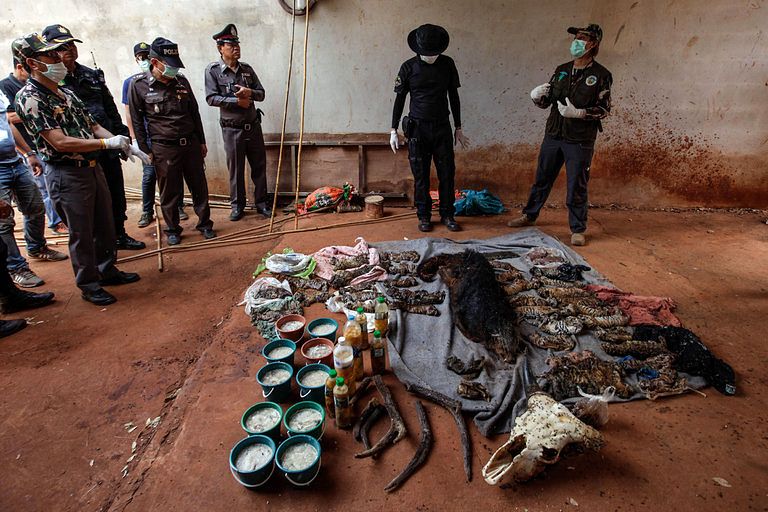A Netherlands-based environmental commission will hold a public hearing later today to present the results of a long investigation into the state of Vietnam’s animal trafficking problems.
The event will last two days in The Hague, the Dutch city where an international tribunal rejected China’s claims in the East Sea last July, according to VnExpress. This time, the Wildlife Justice Commission will be speaking in front of five experts, including international judges, about its investigative efforts as well as how the Vietnamese government has failed to take action to stop animal trafficking.
The hearing will be livestreamed and available with Vietnamese translation. Representatives from Hanoi are expected to be in the audience but will not participate.
The main item on the event’s agenda is an undercover probe carried out earlier this year, during which a team of investigators discovered US$53.1 million worth of animal parts, including those of rhinos, elephants and tigers, en route to China from Nhi Khe village just south of Hanoi.
The items belonged to 907 elephants, 579 rhinos and 225 tigers, along with scores of other animals such as pangolins, bears, hawksbill turtles and helmeted hornbills. After the animals are secured in Africa, Vietnam is a crucial stop for animal traffickers before they head to China to sell the contraband.
This is not the first time Vietnam has come under fire for its involvement in wildlife trafficking. Earlier this year, the Convention on International Trade of Endangered Species (CITES) threatened the nation with sanctions for dragging its feet in cracking down on illegal trade rings.
It remains to be seen if these threats will be effective in expediting local law enforcement efforts, however it seems that Vietnamese authorities are starting to take action. In recent months, there have been many reported efforts, rescuing a slew of endangered monkeys, moon bears and pangolins from captivity.
Last Saturday, Vietnam also made global headlines for publicly destroying 2.2 tons of African elephant ivory and another 70 kilograms of rhino horns. The move was widely considered one of the nation’s most serious responses to illicit wildlife trafficking yet.
According to UK-based Humane Society International (HSI), Tuoi Tre reports, the items – parts of 330 African elephants and 23 rhinos – were worth more than US$7 million on the black market. "The destruction today is a clear indication of our government's political determination to fulfil our international duty in conventions to protect wildlife," Ha Cong Tuan, Vietnam's deputy agriculture minister, shared with the news outlet.
While the move, coupled with Vietnam’s waning interest in rhino horn, is an optimistic sign that local authorities are stepping up their efforts, it might not be enough to sway the commission.
Earlier this year, the NGO sent evidence to Hanoi detailing the Nhi Khe-based trafficking operation in addition to singling out 51 people involved. However, according HSI's executive director, Olivia Swaak-Goldman, there has been radio silence ever since.
"We've given them everything they need," Swaak-Goldman told AFP. "We've told them specific dates and specific individuals who offered us a specific number of rhino horns. And they haven't taken steps."
She added: "We need to make that public, so they can no longer hide behind the fact saying that they didn't know."
Established in March 2015, the Wildlife Justice Commission seeks to build up solid evidence for governments and law enforcement agencies to take legal action against illegal wildlife traffickers.
[Photo via NPR]


